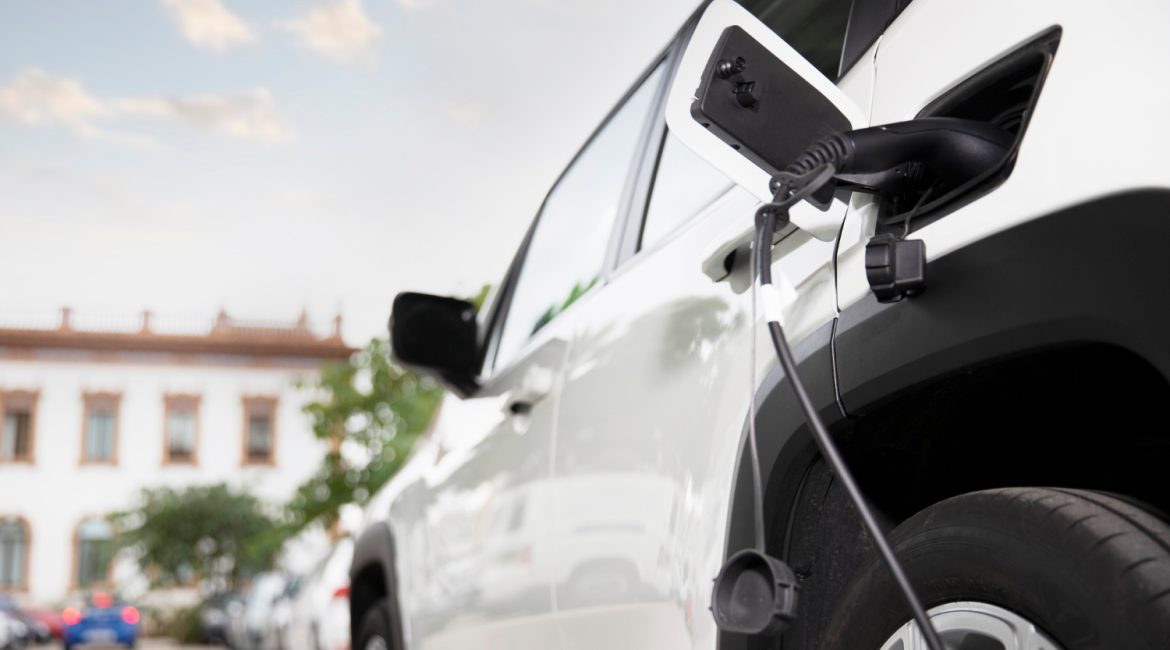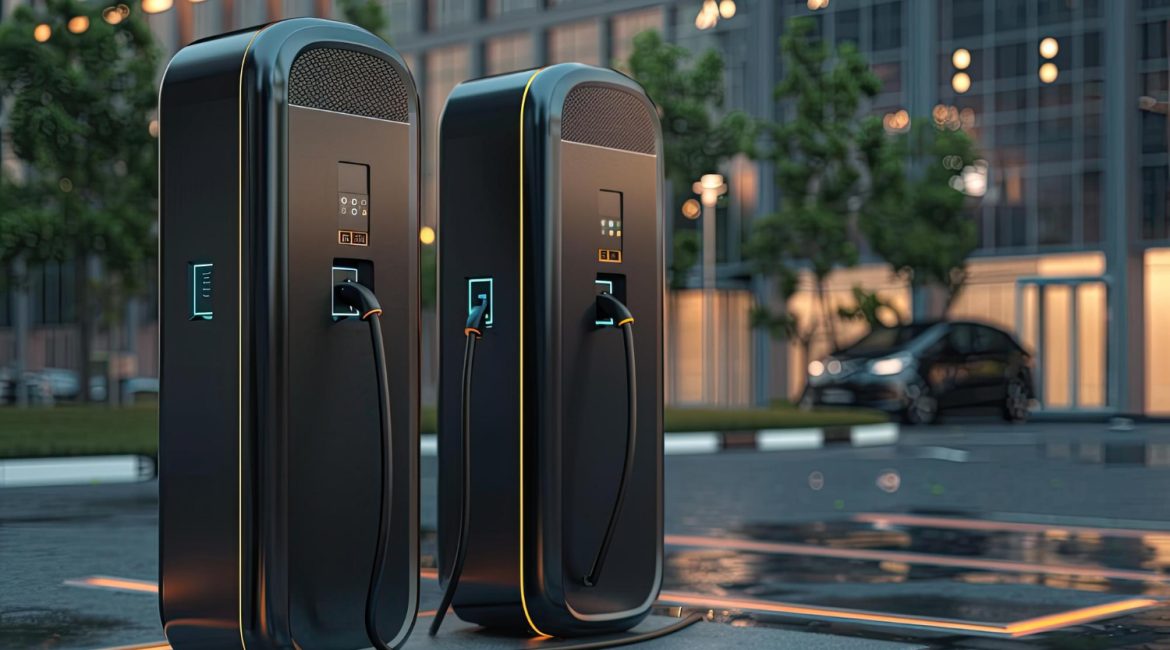Hybrid vs. Electric vs. Petrol Cars

As the automotive industry evolves, car buyers are faced with more choices than ever before, particularly when it comes to the type of engine powering their vehicles. Today’s three main options are hybrid, electric and petrol cars. Each vehicle type has advantages and disadvantages, depending on environmental impact, cost, and convenience.
Fuel Efficiency and Environmental Impact
One primary reason people choose between hybrid, electric, and petrol cars is their fuel efficiency and environmental impact.
- Hybrid Cars: Combine a petrol engine with an electric motor, offering improved fuel efficiency and lower emissions than petrol-only vehicles.
- Electric Cars: Run entirely on electricity, producing zero emissions during operation.
- Petrol Cars: Rely solely on an internal combustion engine, which is generally less fuel-efficient and emits more CO2.
Cost of Ownership
Cost is a significant factor when deciding between hybrid, electric, and petrol vehicles. While the upfront cost of electric cars is often higher, they can save money over time through lower fuel and maintenance costs.
Vehicle Type | Average Purchase Cost | Average Annual Fuel Cost | Maintenance Cost |
|---|---|---|---|
Hybrid | $41,390 | $576 | $500 |
Electric | $47,950 | $300 | $400 |
Petrol | $27,395 | $1,200 | $600 |
Range and Refueling/Recharging Time
The range of a vehicle and the time it takes to refuel or recharge are critical factors, especially for those who travel long distances frequently.
- Hybrid Cars: Offer a good range (typically 600-800 km) since they can switch between petrol and electric power. Refuelling takes a few minutes.
- Electric Cars: They have a shorter range (200-400 km on average), and recharging can take from 30 minutes (fast charging) to several hours (home charging).
- Petrol Cars: Generally have the longest range (600-900 km), and refueling takes only a few minutes.
Let’s create a table to compare these aspects:
Vehicle Type | Average Range | Refuel Time |
|---|---|---|
Hybrid | 700 | 5 – 10 minutes |
Electric | $300 | 30 minutes – 8 hours |
Petrol | $800 | 5 – 10 minutes |

Infrastructure and Availability
Infrastructure plays a significant role in the practicality of owning a particular type of vehicle.
- Hybrid Cars use petrol and electric power to use existing petrol stations and do not require special infrastructure.
- Electric Cars require charging stations, which are becoming more common but may still be less accessible in certain areas.
- Petrol Cars have the most established infrastructure, with petrol stations widely available.
Here’s a summary table for infrastructure availability:
Vehicle Type | Infrastructure Availability | Convenience Level |
|---|---|---|
Hybrid | High | Very High |
Electric | Moderate | Moderate |
Petrol | Very High | Very High |
Which is the best vehicle type?
When choosing between hybrid, electric, and petrol cars, consider your specific needs, including environmental impact, cost, range, and the availability of infrastructure.
- Hybrid cars balance fuel efficiency and convenience, making them a good choice for reducing emissions without sacrificing range.
- Electric cars are ideal for environmentally conscious drivers with access to charging infrastructure and can manage their driving within various limitations.
- Petrol cars remain the most convenient in terms of range and refuelling but have higher emissions and running costs.
Each vehicle type has pros and cons, so the best choice depends on your priorities and driving habits.
When buying a new car, getting a Mobile Vehicle Inspection is essential to ensure your purchase is viable, safe and efficient—ultimately saving you money.

